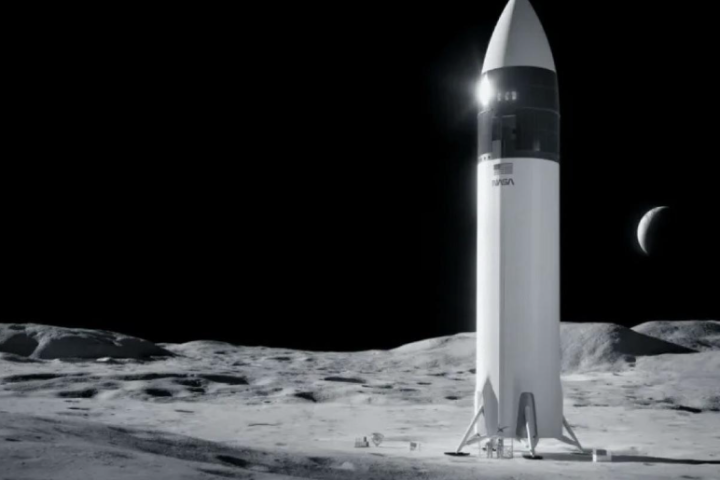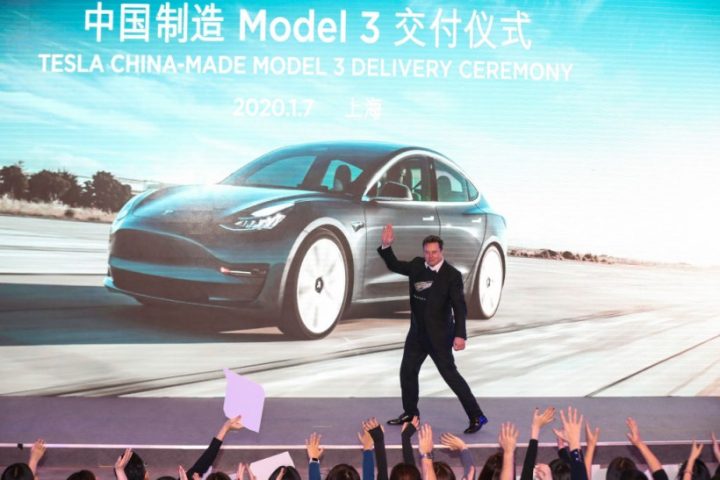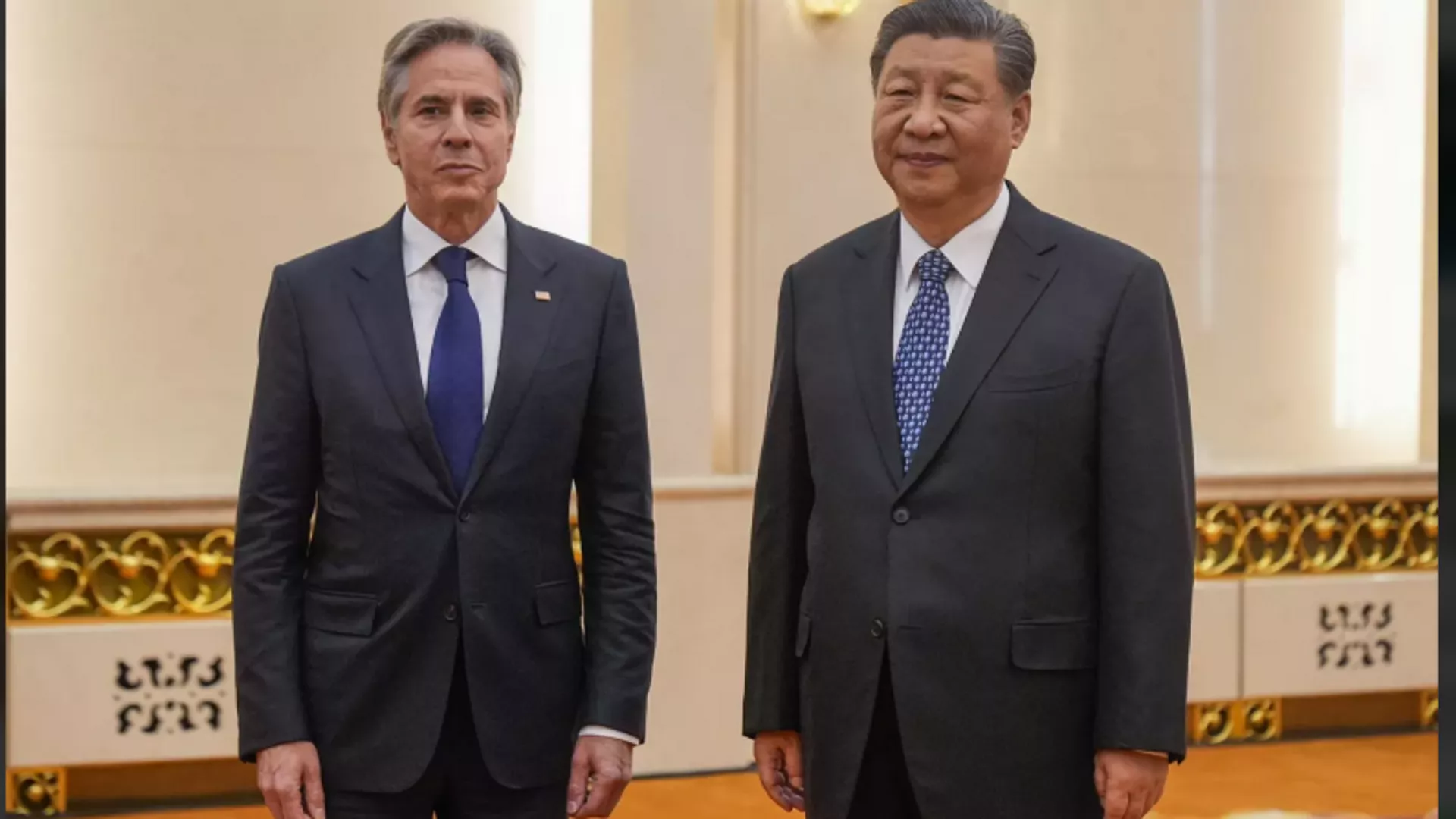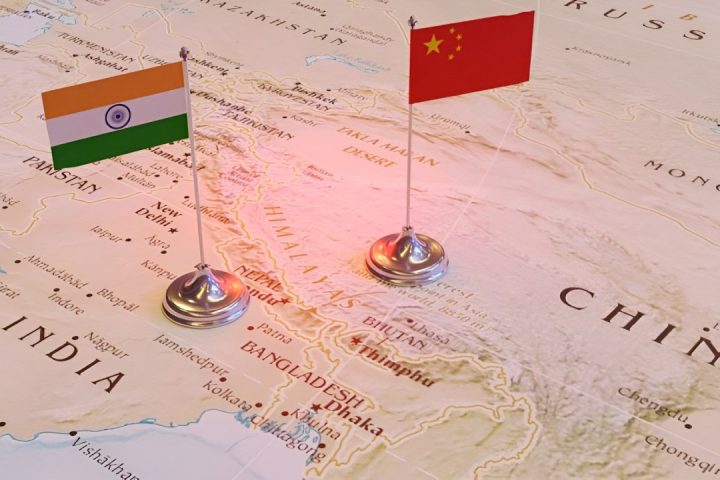By Von Thomas Speckmann / sueddeutsche de
For hedge fund manager Ray Dalio, the history of great empires always runs in cycles. In a book on the future of humanity, he dares to predict that the risk of conflict between the United States and China is increasing.
New World Order. World disorder. World out of joint. Climate crisis, Corona crisis, economic crisis. Polycrisis due to the consequences of Russia’s war against Ukraine and China’s aggression against Taiwan: energy crisis, inflation crisis, globalization crisis. It is obvious to experience the present as completely new at the moment and to describe it accordingly. But is this true? Yes, says Ray Dalio, multi-billionaire and co-chief executive of Bridgewater Associates, the world’s largest hedge fund. In his book, World Order in Transition, he writes: “The times ahead will be very different from anything we’ve experienced before.” So far, so common for time diagnostics these days. What is more unusual for an investor of his standing, however, is that he also appears to be taking a really hard look at what may not be so outrageously new after all. Dalio also believes that there are “many parallels” to the current situation in history.
- ‘Something worse’ than recession coming – JPMorgan
- Shipworms Eat the Wreck of Captain Cook’s Ship
- Muscle Memory: Do Your Muscles Really Remember a Skill?
- Chinese aircraft spotted again around Taiwan
For the reliability of the forecasts – or at least the appearance of their reliability – which as an investor are his business, this view is of course essential. Only very few of his colleagues write a book about it. But Ray Dalio is not just any billionaire either; “Wired”, for example, has already described him as the “Steve Jobs of the investment business”. In other words, he is not only successful, he also likes to talk a lot about fundamental issues.
In this understanding of history, the same thing happens again and again, and more or less for the same reasons.
But what is the value of his historical observations and conclusions, do they bring a gain in knowledge that goes beyond his business interests? Well, Dalio is of course not the only observer who noticed a few years ago that developments were taking place which his generation had never experienced before, but which had already taken place in history in a similar way. But that doesn’t make the observation any less virulent, of course. On the contrary.
High debt met with low or even negative interest rates. The world’s three major reserve currencies – dollar, euro, yen – fired up the printing presses. Fierce political and social conflicts arose, especially in the U.S., where the differences in wealth, political attitudes and values had not been so great for about a century. In parallel, China surged to become a new world power, challenging the previous world power, the U.S., and the world order that had existed until then. Dalio and other observers are reminded of the years 1930 to 1945, or the rise and especially the fall of the Dutch and British empires or the Chinese dynasties.
How does Dalio arrive at this comparison? His study of history has taught him that history generally proceeds in relatively clearly defined life cycles – similar to organisms that evolve from one generation to the next. Dalio understands the history and future of humanity as the totality of all life stories that occur over time. For him, these individual threads converge into an all-encompassing story, from the beginning of historical records to the present day. In this understanding of history, the same thing plays out over and over again, more or less for the same reasons. By noting how many interlocking case histories developed together, he had been able to discern the patterns and causal relationships that underlay them. On this basis, he said, he imagines the future.
For Dalio, there are aspects of history that are always integral to the rise and fall of empires-such as the level of their education, their productivity, their international trade relations, their military strength, their currencies, and so on. These forces, according to Dalio’s analysis, invariably behave cyclically and are interrelated. For example, a nation’s level of education affects its level of productivity, which in turn affects the level of international trade, which in turn affects the military strength needed to protect trade routes. In combination, this has effects on the national currency and other markets.
The long economic and political cycles are made up of such developments. Thus, the cycle of a particularly successful empire or dynasty could last 200 or 300 years. All the empires and dynasties that Dalio has studied move up and down in a major cycle. This cycle has clear markers by which one can recognize in which cycle section one is at the moment.
The cycles identified by Dalio fluctuate between peaceful, flourishing phases of high creativity and productivity, which raise the standard of living enormously, and phases of depression, revolution and war, in which there is intense struggle for wealth and power and much wealth, life and other valuable things are destroyed. Whereby he believes to have recognized that the peaceful, creative phases last significantly longer than the periods of depression, revolution and war – as a rule in a ratio of about five to one. One could therefore say that the latter are transitional phases between the normal peaceful, creative periods.
If one of the two major powers achieves a surprising technical breakthrough, the danger of escalation grows rapidly.
But what does this mean for our present and future? Dalio considers China and the U.S. powerful enough to inflict serious damage on each other for the foreseeable future, so the prospect of mutual annihilation should prevent military war. Still, he says, it is almost certain that dangerous skirmishes will occur. Dalio expects this state of affairs to continue until a surprising technical breakthrough – for example, a major advance in quantum computing – gives one of the two powers an asymmetric advantage. Then, the danger of escalation would grow rapidly.
If the decline of the U.S. and the rise of China continue, it will depend above all on how “elegantly” both countries succeed in doing so. For Dalio, the big risk is that if existential irreconcilable differences arise and there is no mutually agreed-upon mediator or process to resolve the conflict peacefully, the likelihood is high that a fight will break out. Dalio looks with some concern to Taiwan, where he sees the most irreconcilable differences between the United States and China.
From the historical empiricism that informs Dalio’s thinking, he derives the conviction that whether a country wins the game of wealth and power depends on its internal capabilities, which is why he observes these factors in his indices as well as sheer military strength: as the Chinese know very well, and others should urgently be aware, the best preparation for war is to become strong and demonstrate one’s strength to one’s opponent, so that the latter will shrink from a military show of force. This is what Dalio predicts the world will most likely see in the next few years.
He also sees an intensification of trade and economic warfare, technology warfare, capital warfare and geopolitical warfare as likely as China becomes even more competitive and increasingly global. He points to the widely acclaimed book “On the Road to War: Can America and China Escape the Trap of Thucydides?” by Graham Allison. The American political scientist at the Harvard Kennedy School already declared in 2017 that in the past 500 years, military confrontations have occurred in 12 out of 16 cases when two powers of almost equal strength have had irreconcilable differences. Massive rearmament has also led to major wars in 80 to 90 percent of all cases.
Dalio contrasts this with the balance of terror, which in turn reduces the probability of war. According to his calculations, the probability of a major war in the next ten years is around 35 percent – a dangerously high risk in his eyes as well. So is Russia’s war of aggression against Ukraine just the beginning?





